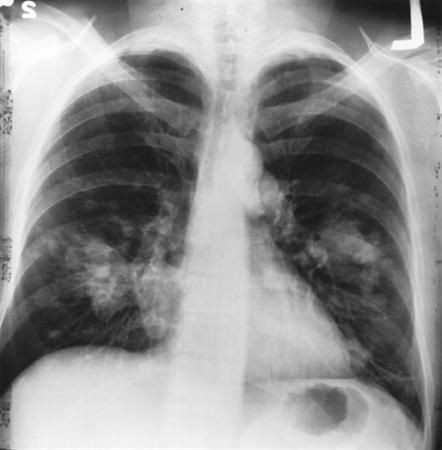New Zealanders Have Lower Cancer Survival Rates Than Australians

More New Zealanders are dying from cancer than Australians. A new study has found that cancer survival rates are lower in New Zealand.
According to a recent study published in the Australian and New Zealand Journal, two cancer deaths per day could be avoided if New Zealand had a higher cancer survival rate like Australia. The study said about 3,631 cancer deaths between 2006 and 2010 can be prevented using a combination of earlier diagnosis, faster access to treatment and more effective therapy.
The study, conducted by the Waitemata DHB with researchers from the London School of Hygiene and Tropical Medicine, has also discovered that the Maori have lower survival rates than the general population. Researchers said the findings show ethnic disparity in cancer survival rates in New Zealand.
In another international study, Australia was ranked in the top 10 in a list of countries with higher cancer survival rates. The study also found that Australians had better survival rates than their counterparts in New Zealand in seven out of 10 cancers evaluated.
Based on the findings of the international study, the differences in survival trends may be attributed to access to early diagnosis and effective treatment. The researchers recommended a continuous worldwide surveillance of cancer survival rates to ensure a reliable source of information for cancer patients as well as for politicians who want to improve health policies, reports TVNZ.
Meanwhile, researchers from the University of Auckland said the number of diagnoses for brain tumours in New Zealand has dropped. After studying more than 4,000 medical records of the New Zealand Cancer Registry between 1995 and 2010, researchers noted a drop of almost 1 percent a year.
Radio NZ reports that researchers had expected to see a rise in brain tumours if there was a link between the use of mobile phones and the development of tumours. However, lead researcher Professor Mark Elwood said the researchers have no idea why there was a slight decrease.
Elwood said their findings could raise questions about the existence of factors that may have influenced the risk of brain cancer. He remarked that the findings of the study added to the body of evidence countering the belief of increased cancer risk due to mobile phone usage.
However, Elwood said it did not mean mobile phone use has no risk since he believes no study can completely rule out anything. Researchers cannot prove there was no risk but the findings can be added to the “overall issue.”
To report problems or leave feedback on this article, contact: r.su@ibtimes.com.au




















